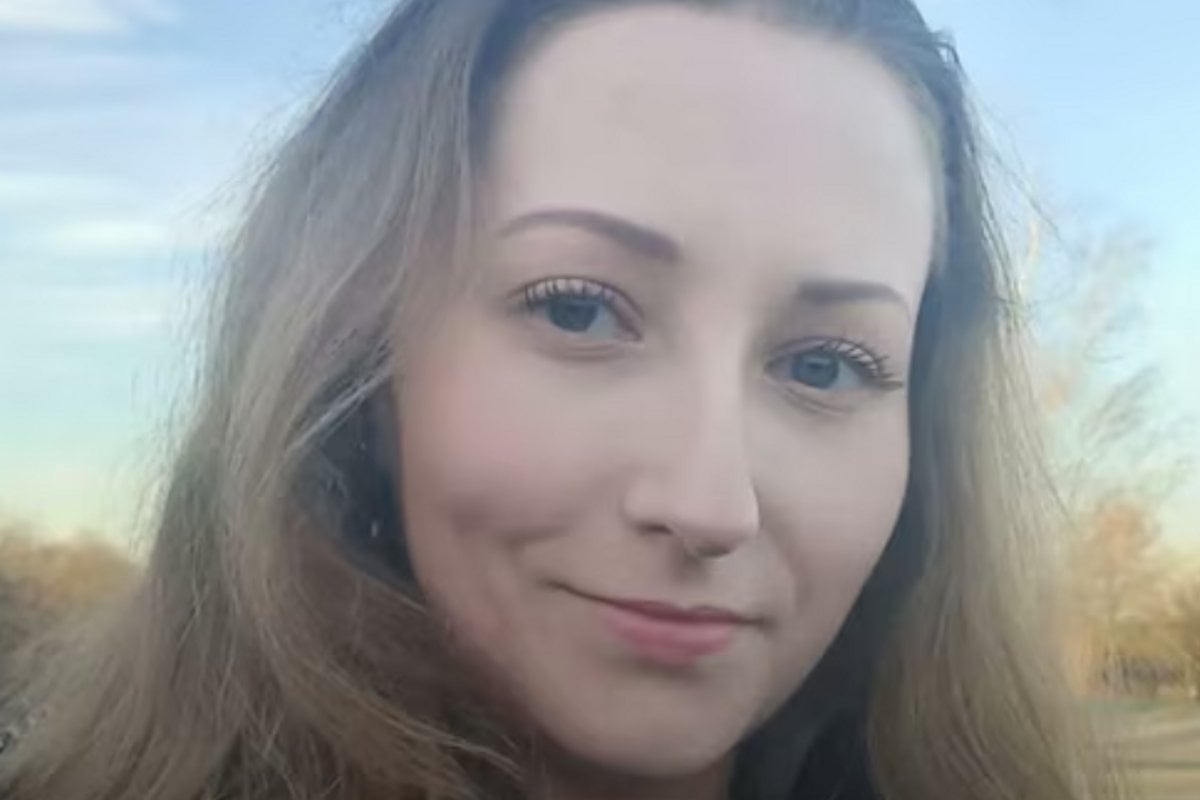
Content warning: This post deals with the topic of assisted dying and suicide.
Zoraya ter Beek struggled with her mental health ever since she was a little girl.
Chronic depression, anxiety and trauma were constants in her childhood and adolescent years. She endured extreme bullying,and eventually began dressing in goth clothing in an attempt to scare her tormentors into leaving her alone.
At 21, she was diagnosed with autism, a diagnosis she struggled with. So much so, that by the time she was 22, she wore a ‘Do Not Resuscitate’ tag around her neck.
Although ter Beek was physically healthy, she told The Free Press that she’d been hoping her life would end long before she wore the tag.
Watch: Some thoughts on teen mental health. Article continues after the video.
When she turned 18, ter Beek moved in with her boyfriend, Stein, who was ten years older than her. Her parents disapproved, prompting an estrangement that included her three sisters, as well as her parents.

Top Comments